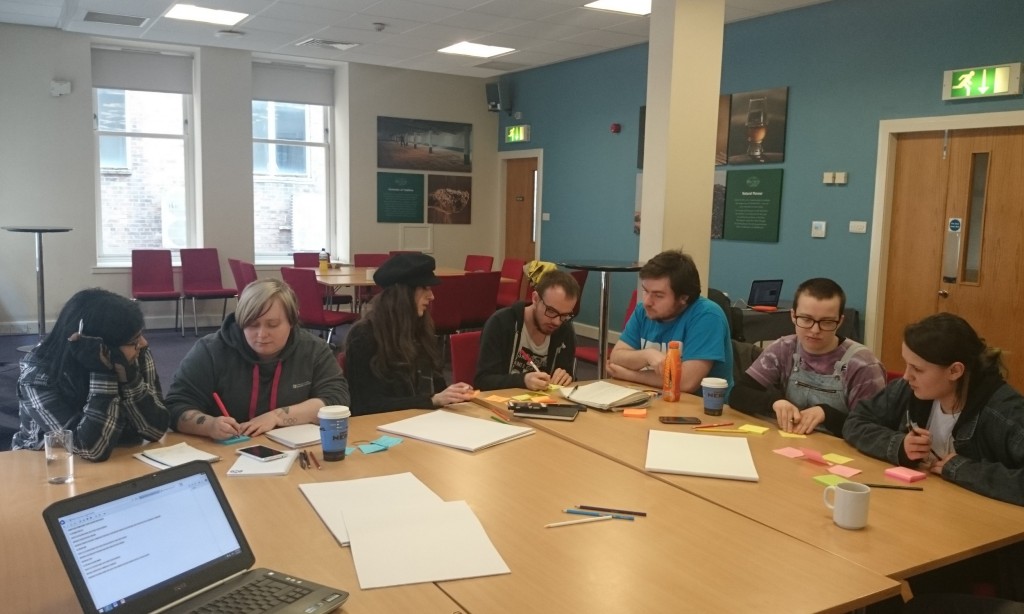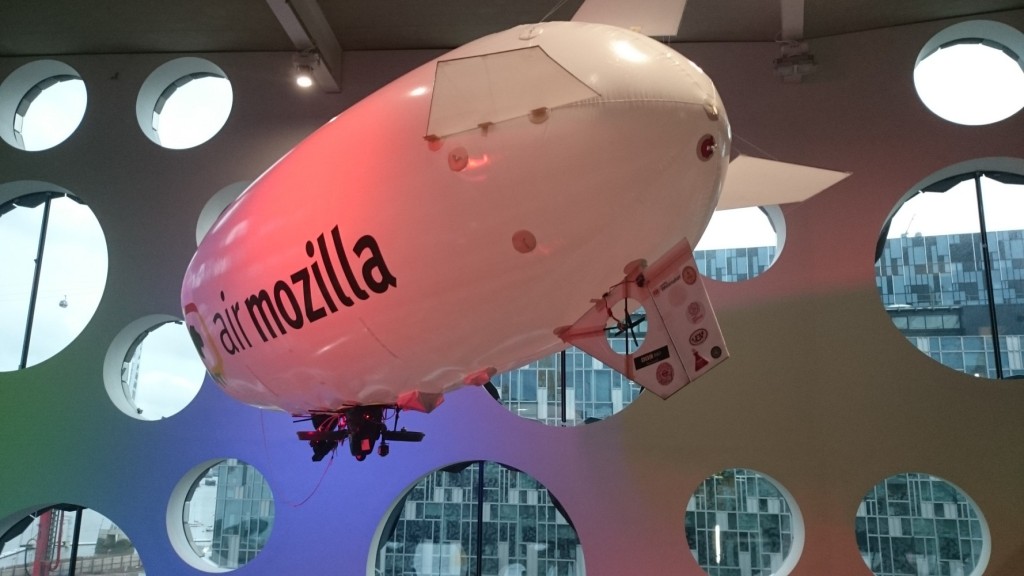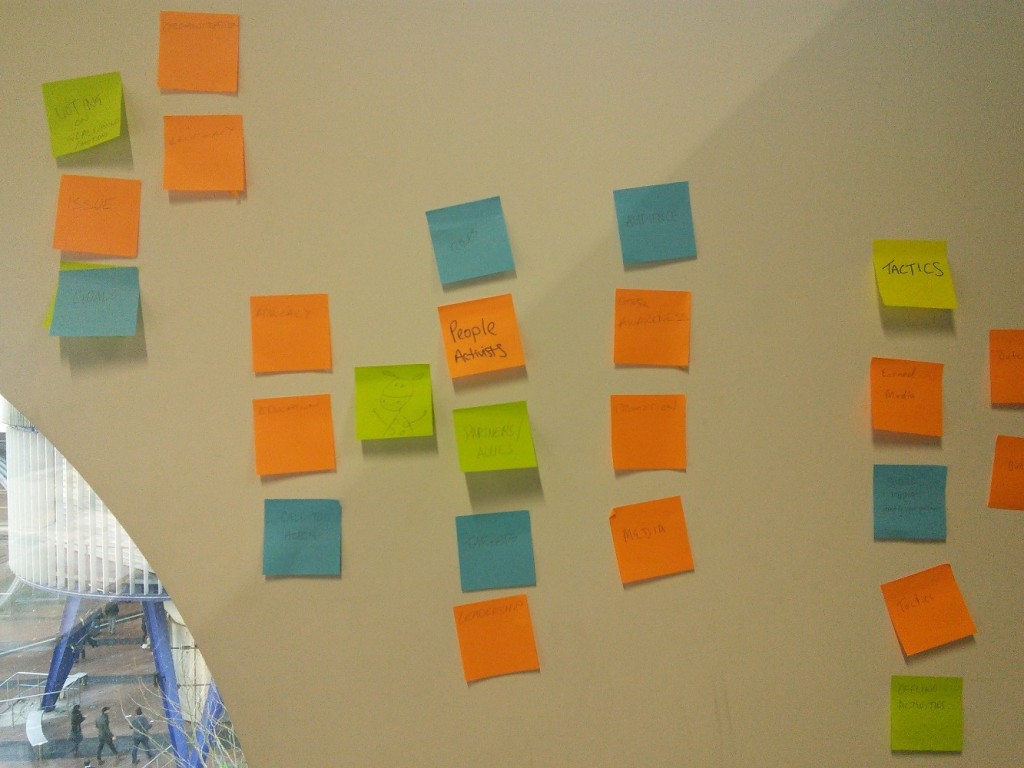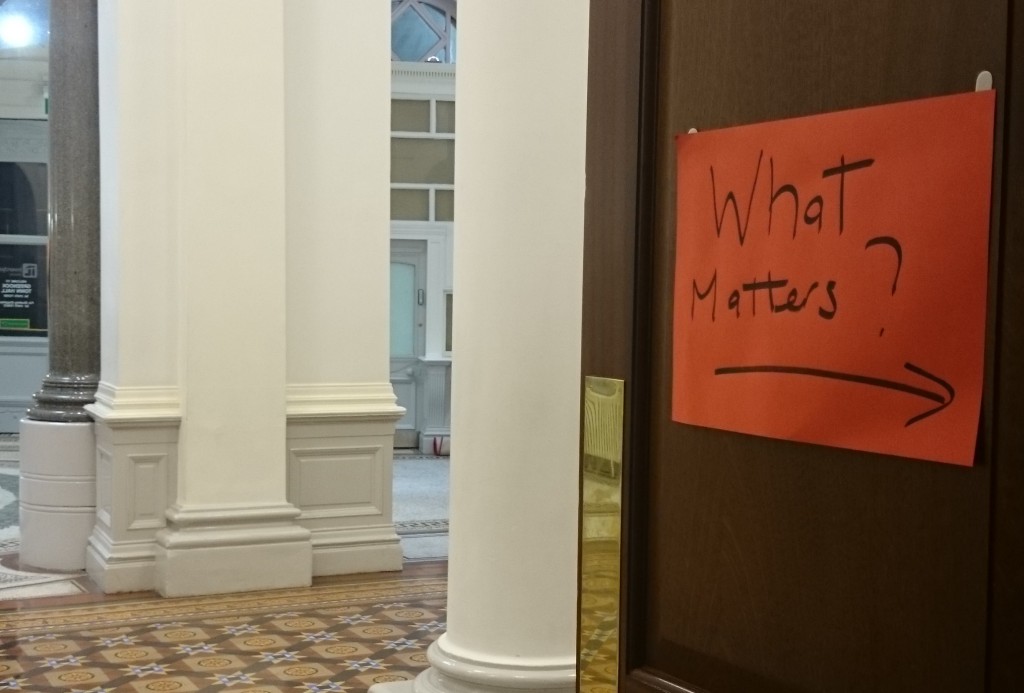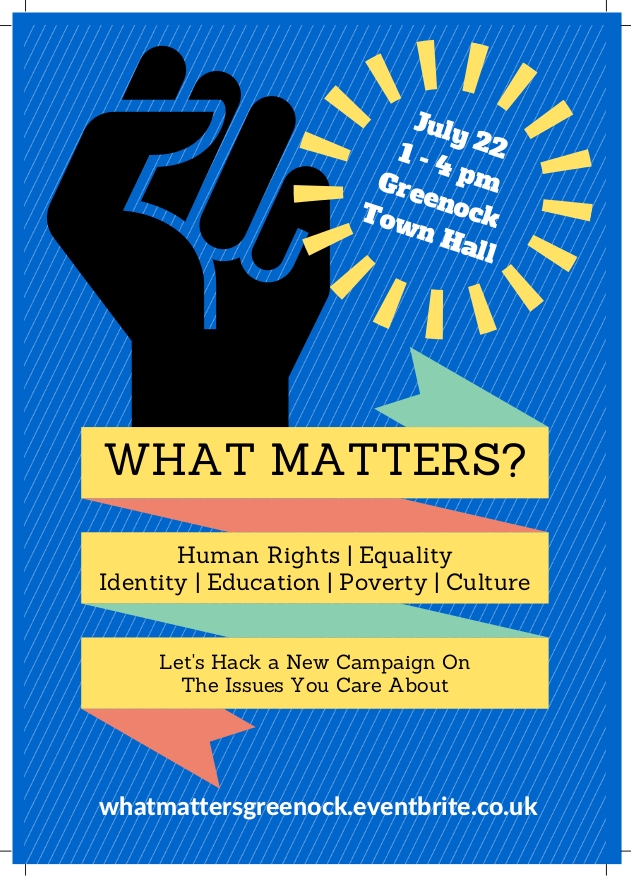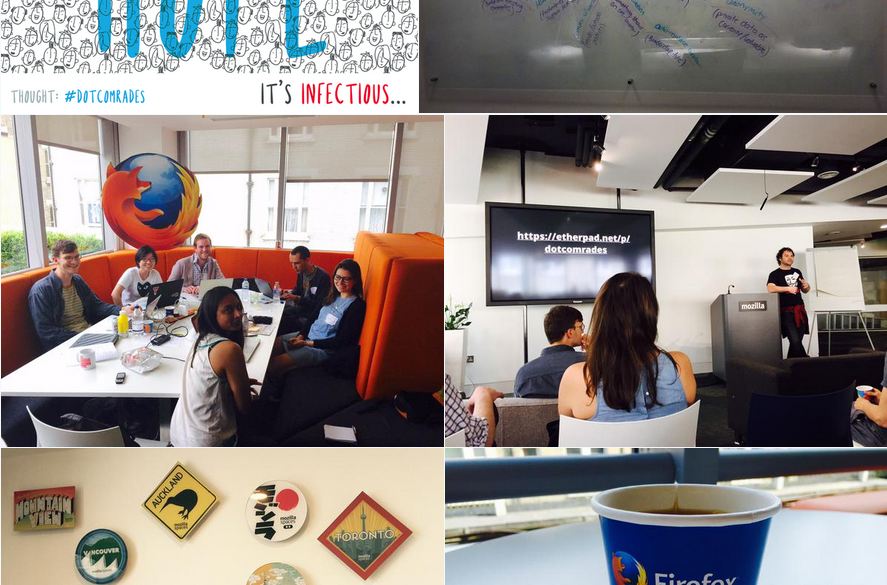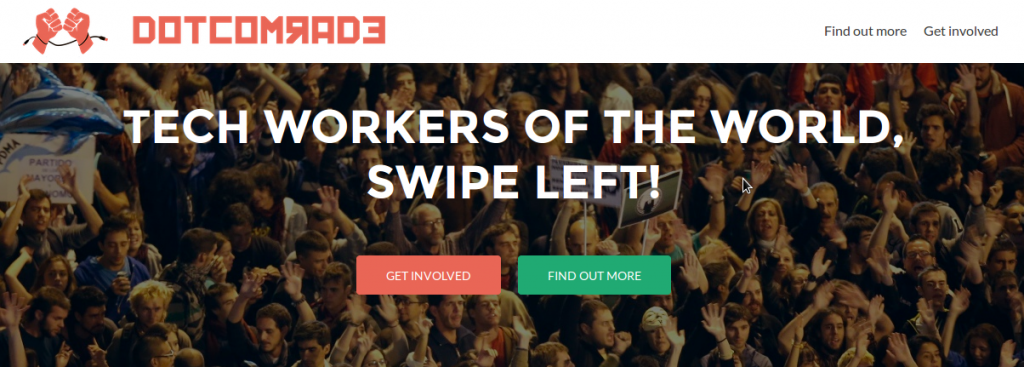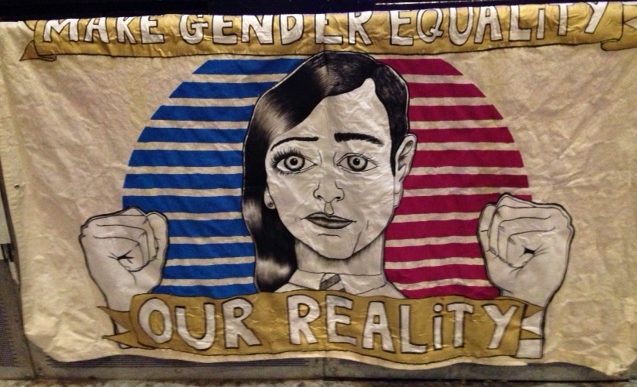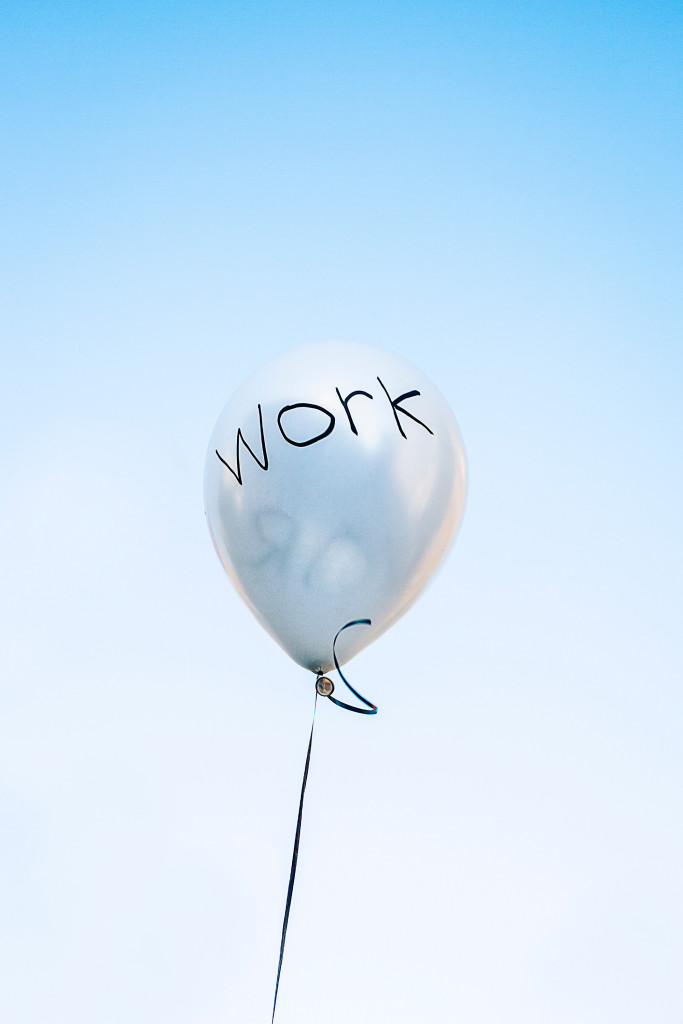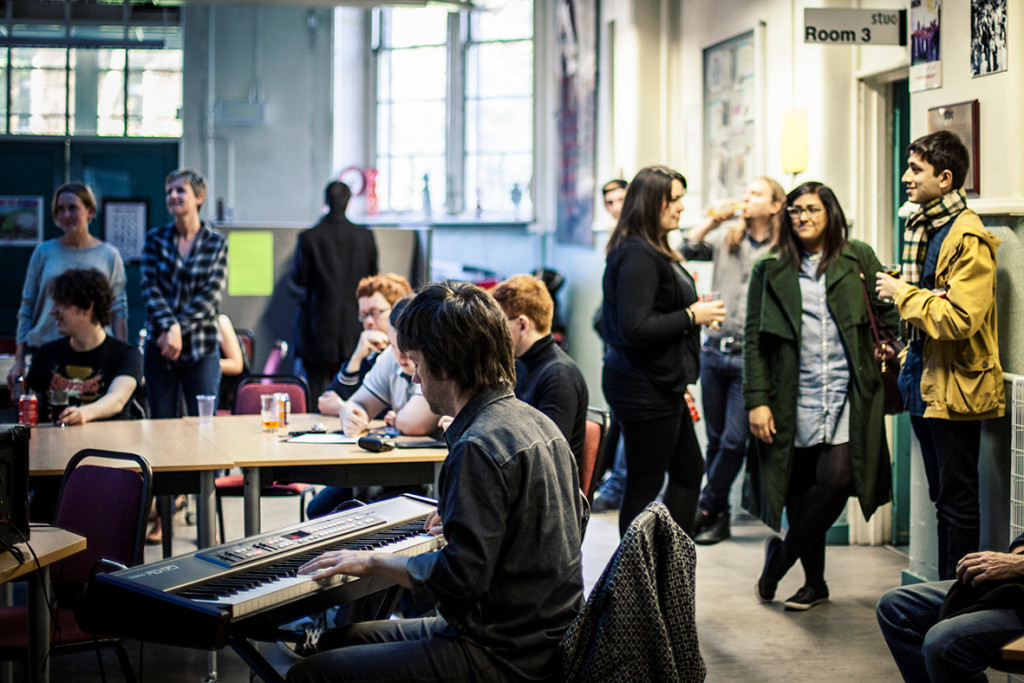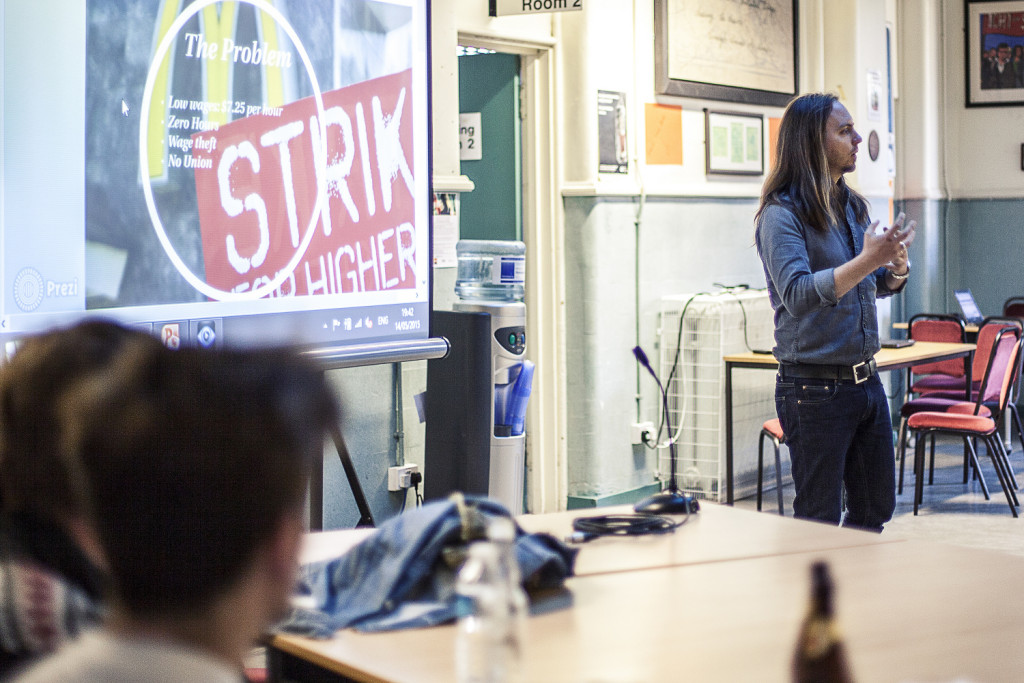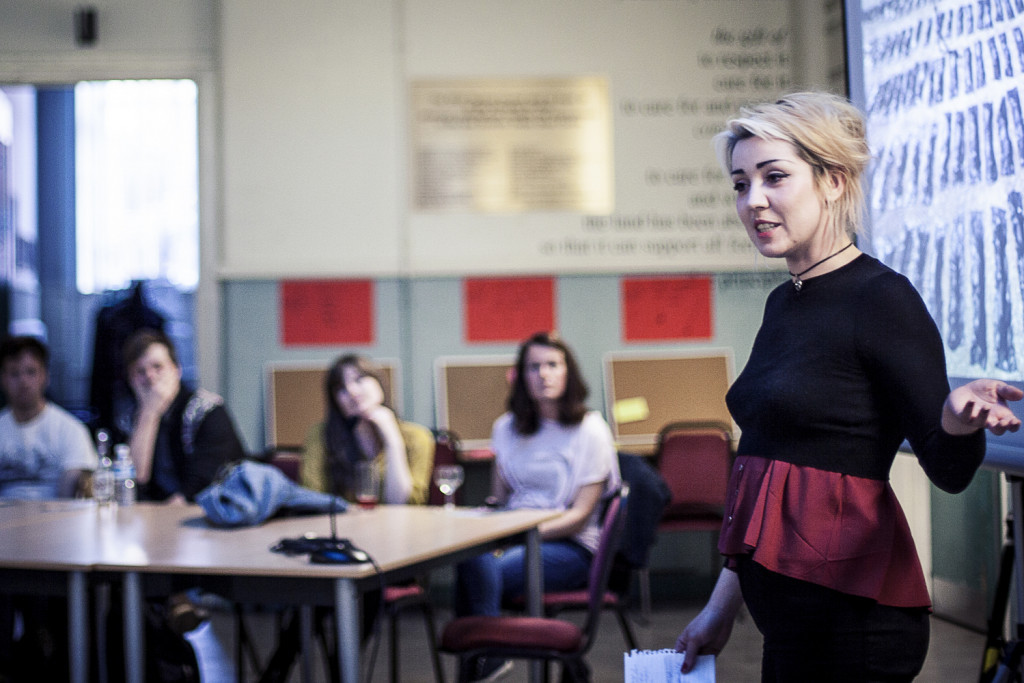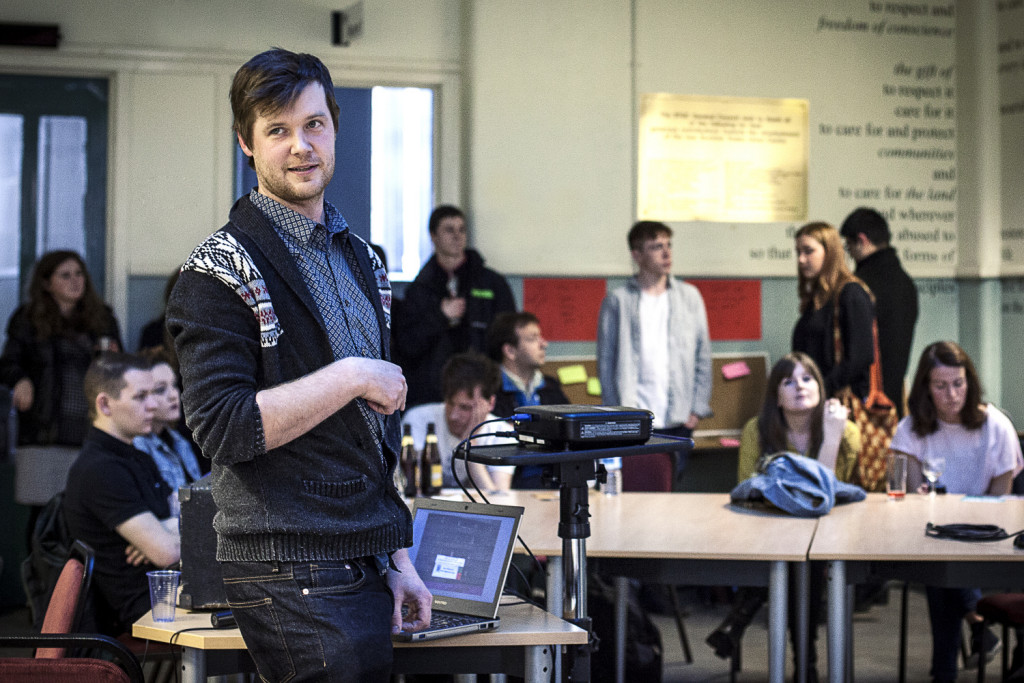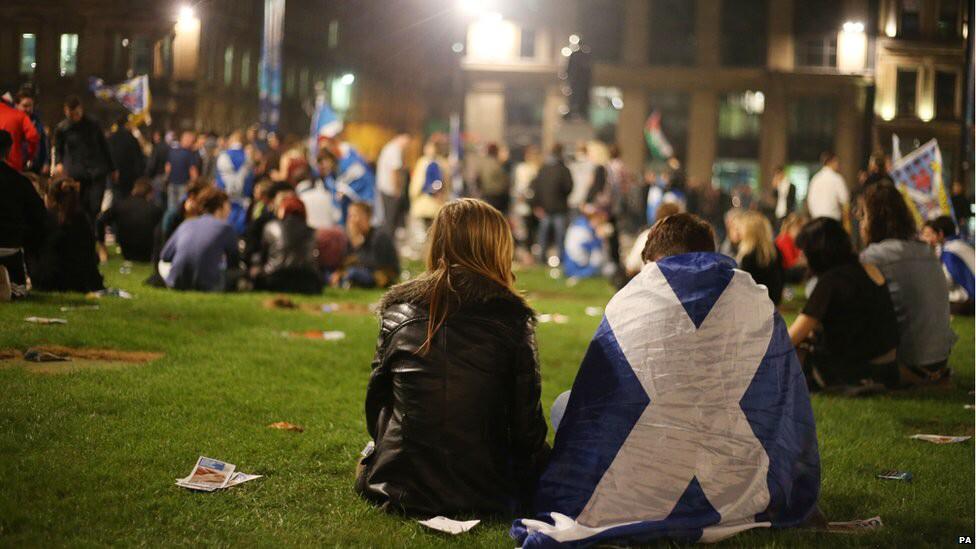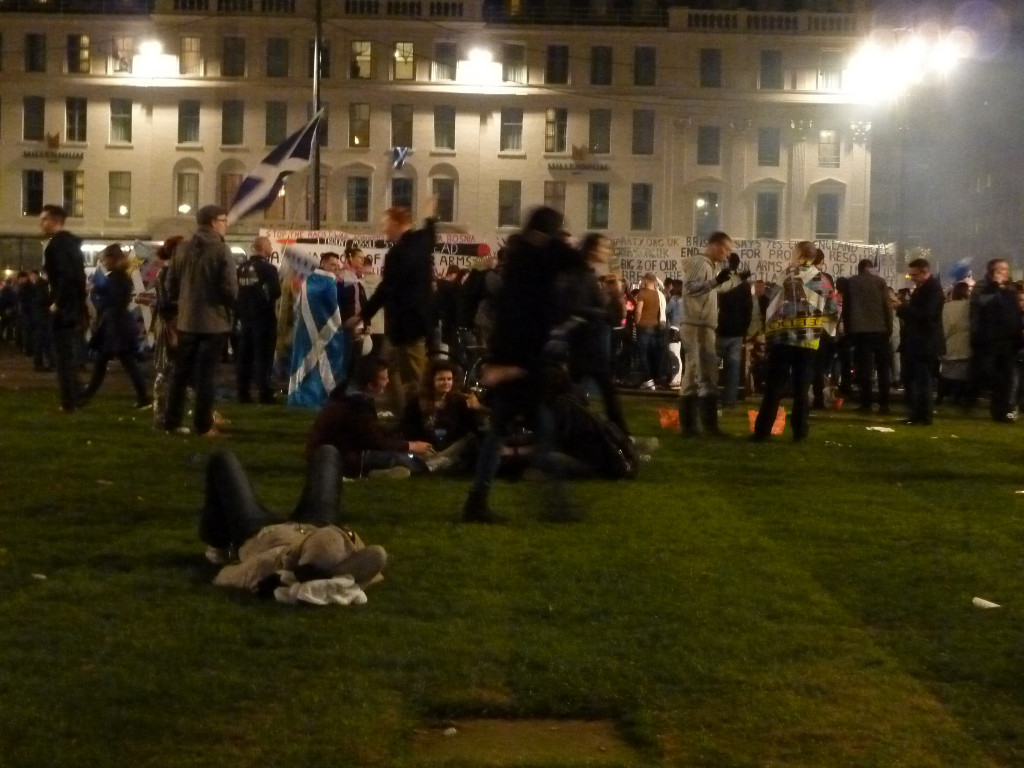On Friday 18th and Saturday 19th March, we helped Scottish Union Learning and BFAWU (Bakers’ Union) to facilitate Game Plan, a training academy for young activists involved in various campaigns. Coming together with trade unionists, artists and techies, we explored the literacies in creative, open source activism through a series of participatory sessions at the IET Teacher Building in Glasgow. With an inclusive approach focusing on expression, experimentation and sharing, our aim was to help participants acquire the skills to define and drive their own campaigns, drawing inspiration not only from activism but also from art and community-led technology projects.
BFAWU Youth Leadership course pic.twitter.com/DlcEJbdvMO
— John Slaven (@JohnSSUL) March 18, 2016
Trade union activist Walton Pantland introduced the event by calling on participants to “hack” the movement, redefining it to reflect their own experiences of the modern world of insecure work.
Finding Your Voice
In the first session on Friday, hip hop musician, writer and activist Darren McGarvey (Loki) led a rap writing workshop. Reflecting on the importance of communicating activist messages beyond their traditional communities—reaching people who don’t “speak union”—Darren performed a short piece and invited discussion on its content. Touching on the effectiveness of messages that draw on emotion and identity (rather than e.g. a list of workers’ rights), Darren then helped participants to work on their own raps in small groups. 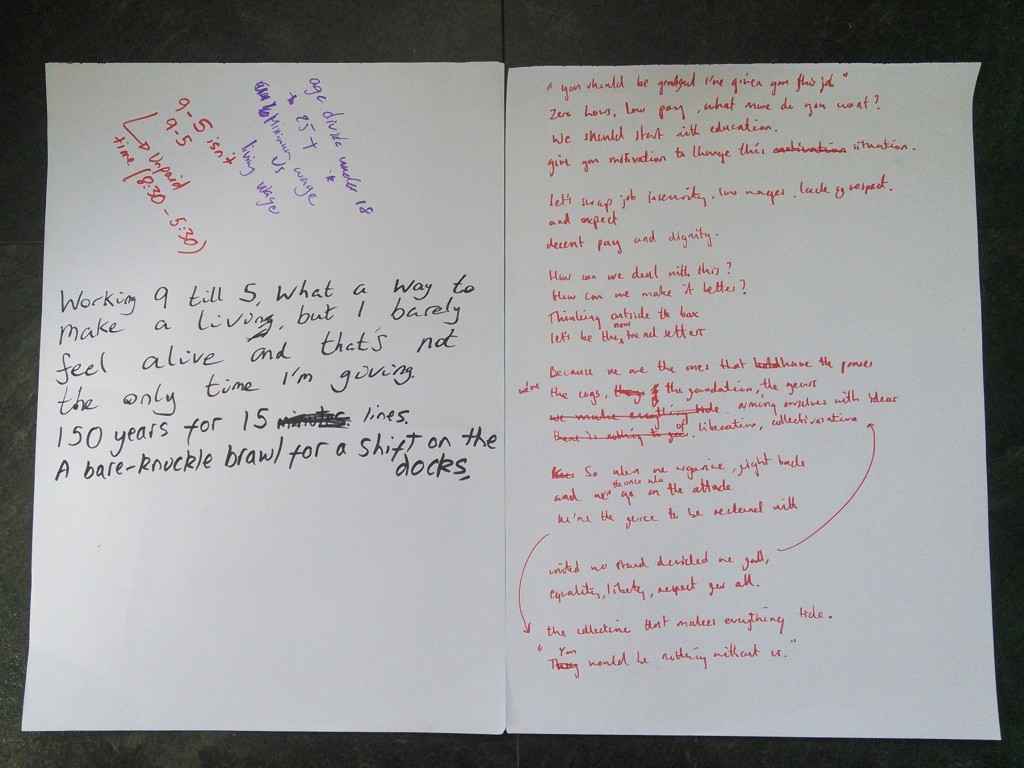 After performing the results back to the group, participants reflected on the process, highlighting the importance of reaching outside your own “echo chamber” and avoiding assumptions about your audience. Encouraging activists to ask themselves “what is it like to be receiving this message”, Darren stressed the importance of experiences and aspirations over tools and technologies, as well as the apathy that can result from alienating people. Finally, Darren noted the value of engagement with activist campaigns, even when they fail to meet their objectives, as the quality of the journey can have an impact that extends throughout the lives of those involved.
After performing the results back to the group, participants reflected on the process, highlighting the importance of reaching outside your own “echo chamber” and avoiding assumptions about your audience. Encouraging activists to ask themselves “what is it like to be receiving this message”, Darren stressed the importance of experiences and aspirations over tools and technologies, as well as the apathy that can result from alienating people. Finally, Darren noted the value of engagement with activist campaigns, even when they fail to meet their objectives, as the quality of the journey can have an impact that extends throughout the lives of those involved.
True Stories
Walton Pantland began exploring the importance of stories in campaigning by sharing his own experiences of growing up in apartheid-era South Africa and describing how these led him into trade union activism. Stressing that people connect to activist messages emotionally rather than intellectually, Walton focused on the importance of authenticity and the ways in which personal stories combine to form meta-narratives, in turn determining how we see ourselves—and what we see as achievable.
At the excellent Game Plan workshop for @BFAWUyouth fast food union activists – great organisation by @HackAye pic.twitter.com/DccXrOgLCt — Walton Pantland (@Leischa) March 19, 2016
Challenging participants to subvert the current prevailing political narrative of austerity in the UK (“there isn’t enough to go around”, “you millennials are spoilt”, “you live in a digital utopia” etc), Walton invited the young activists to tell their own stories and to encourage others to do the same.
Continue reading
